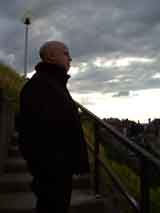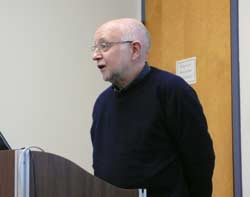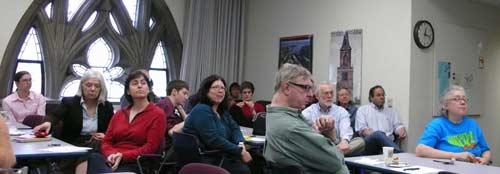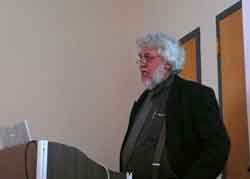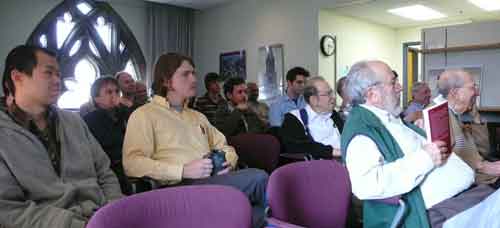
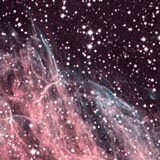
![]()
home
::: about
::: news
::: links
::: giving
::: contact
![]()
events
::: calendar
::: lunchtime
::: annual
lecture series
::: conferences
![]()
people
::: visiting fellows
::: postdoc fellows
::: senior fellows
::: resident fellows
::: associates
![]()
joining
::: visiting fellowships
::: postdoc fellowships
::: senior fellowships
::: resident fellowships
::: associateships
![]()
being here
::: visiting
::: the last donut
::: photo album
::: center home >> being here >> last donut? >> week in the life |
A Week in the Life of a Center Fellow
Welcome to all of you, dear readers. I hope you will enjoy this issue of The Reasoner. At the time you will read this, I will be back in Belgium after having spent eight months as a visiting fellow at the Center for Philosophy of Science at the University of Pittsburgh. It has been an enthralling experience, I can assure you of that. In fact, I would recommend it to everybody and I would like to describe my whole eight-month experience in this piece. But how could I ever do that in 987 words? I would only have 4.11 words per day. Maybe I could try to describe the ‘average week’ at the Center. But how would that week look like? What features should I average over? A better line of approach would be to portray a random sample of the weeks I spent here. That’s a good idea. To keep things simple, I’ll take a sample of size 1. Monday: I get off the bus, walk to the Cathedral of Learning (a beautiful building!), and climb the stairs (eight floors!). I’m happy to find out that a pot of coffee is already percolating. In the corridor, I meet Karen, the assistant director. Together with Joyce and Carol, and under the auspices of John Norton and, ad interim, Jim Lennox, she does a wonderful job making sure that everything works out smoothly at the Center and trying to help the visiting fellows as much as possible. Their support is really invaluable. After a little chat, I’m ready to start the week. Today I want to finish a section of my paper. What should be the role of unification in a causal account of explanation? And can anything interesting be said about this issue by means of causal Bayes nets?
Thursday: In the morning, I join Jim Woodward’s class on causation. This is really one of the nice things about being a visiting fellow here. You’re free to join all graduate classes and they are really high-level. Today we will discuss Rubin and Holland’s counterfactual account of causal inference. In the afternoon, we have a reading group. Each week, we read and discuss a paper of one of the fellows. Today, it’s Kareem Khalifa’s turn, his paper being entitled “Inaugurating understanding or repackaging explanation?” I must say these reading groups have been very helpful for me and I hope the same holds for the other fellows. The reading groups are typically concluded with a dinner. I’m curious as to where we will go tonight.
Saturday: Today’s workshop, Les Mechaniciens: Salon des Refusés, promised to be very busy, but I really looked forward to it. And rightly so. It’s always nice to discuss mechanisms. Many interesting topics were passed in review: mechanisms and regularity, understanding and mechanisms, the psychological literature on explanation, etc. Sunday: Time to stay home and concentrate on unification again. As I said, there is no room for getting bored or lonely during the week. But every now and then it’s nice to be on your own as well. I now realize that this week did not have all the features that I would have liked to mention. I did not touch upon the spontaneously emerging discussions in the coffee room, where the blackboard would suddenly be filled with a schematic version of a possible new paper. Nor did I talk about the meetings with the faculty and/or emeriti you can have if you like. (Even though the faculty of the HPS and the Philosophy departments are top-level in their respective fields, they are very approachable as well.) Nor did I mention . . . In short, this week did not seem fully representative. Maybe John Worrall was right after all. Random sampling is no wonder drug (or was my sample size the problem?) Monday again. I briefly meet Jim Woodward to add the final touch on the interview below. We discuss, among other things, causation and explanation, the role of philosophy of science in society, and its relation with metaphysics. I’m pretty sure these topics will interest a lot of you. So please feel free to have a look.
|
